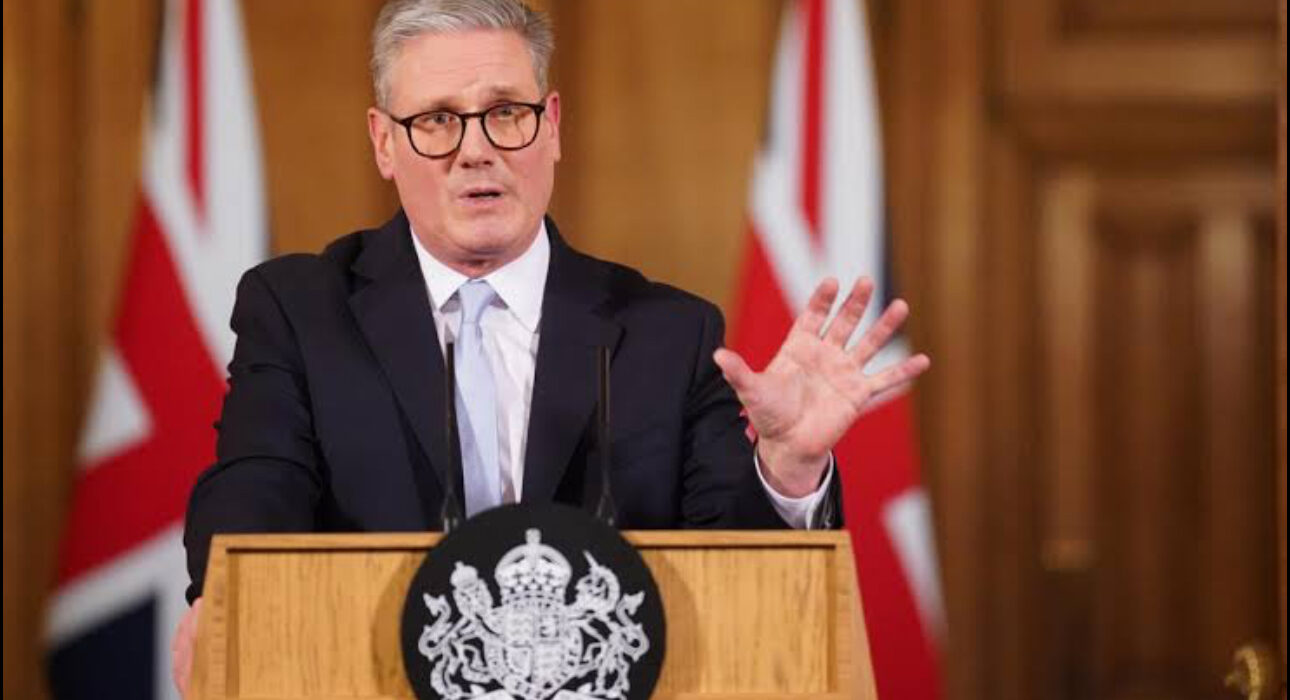UK Announces Major Immigration Reforms: End of Social Care Visa and Extended Settlement Pathway

The United Kingdom has unveiled a series of sweeping immigration reforms aimed at reducing net migration and tightening the country’s borders.
Announced on May 12, 2025, by Prime Minister Sir Keir Starmer, the new policies mark a significant shift in the UK’s approach to immigration, with key changes including the end of the social care visa route and a longer path to settlement for foreign workers.
Key Changes in the Immigration Policy
1. Termination of the Social Care Visa Route
One of the most notable changes is the closure of the social care visa route to new overseas applicants. The scheme, which allowed foreign care workers to fill critical staffing shortages in the UK’s care sector, will no longer accept new applicants.
While existing social care workers already in the UK can extend their visas until 2028, the government has decided to halt further international recruitment. This move aims to reduce the UK’s reliance on foreign labour and encourage domestic recruitment in the struggling care industry.
2. Extended Settlement Period
Under the new rules, the path to permanent settlement in the UK will become significantly more challenging. The standard five-year residency requirement will now be extended to 10 years, forcing migrants to demonstrate substantial contributions to the UK economy and society.
To qualify for settlement, migrants must prove consistent tax compliance, full-time employment in public sector roles, or significant community contributions, such as volunteering.
This change is intended to ensure that only highly committed migrants can secure long-term residency.
3. Higher Skill and Salary Thresholds
The government has also raised the skill and salary thresholds for skilled worker visas. Applicants will now need to hold qualifications equivalent to a UK bachelor’s degree (RQF Level 6) and meet higher minimum salary requirements, making it more difficult for lower-skilled workers to enter the UK.
4. Stricter English Language Requirements
Language proficiency requirements will be tightened, extending to dependants who were previously exempt. This is aimed at promoting better integration and ensuring that all migrants can effectively contribute to the UK economy and society.
5. Digital ID System for Better Tracking
In a significant technological upgrade, the UK will introduce a digital ID system and e-visas to improve border control and monitor the status of foreign workers. This system is designed to track visa expiration dates and ensure timely departures, addressing concerns over visa overstayers.
Prime Minister Starmer emphasized that these reforms are necessary to restore public trust in the immigration system and reduce pressure on public services. The government estimates that these changes will reduce annual net migration by approximately 98,000, aligning with growing public demands for tighter border controls.
“Restoring control over our borders is essential for the security and prosperity of our nation,” Starmer said during a press conference. “These measures will ensure that only those who genuinely contribute to our society are granted the right to stay.”
The new policies have sparked intense debate. Supporters argue that the reforms will reduce labor market pressures, enhance national security, and promote social cohesion. However, critics warn that the changes could lead to severe labor shortages, particularly in the health and social care sectors, which have relied heavily on foreign workers.
Universities and business groups, including the Confederation of British Industry (CBI), have also expressed concern that the stricter visa rules could make the UK a less attractive destination for international talent, potentially undermining the country’s global competitiveness.
The reforms are expected to have a significant impact on migrants from countries like Nigeria, India, and the Philippines, which have traditionally provided a large portion of the UK’s care workforce.
The UK Home Office has pledged to roll out these changes gradually over the coming months, providing guidance to businesses, educational institutions, and prospective migrants on how to navigate the new system.
As the UK moves to implement these landmark reforms, the long-term effects on its economy and social fabric remain uncertain, with many watching closely to see how the changes will reshape the country’s immigration landscape.








